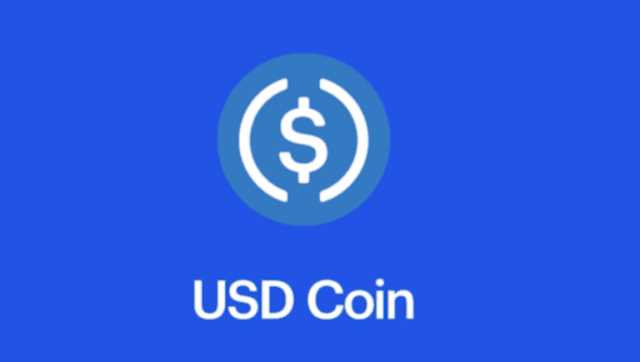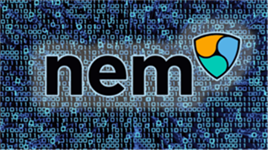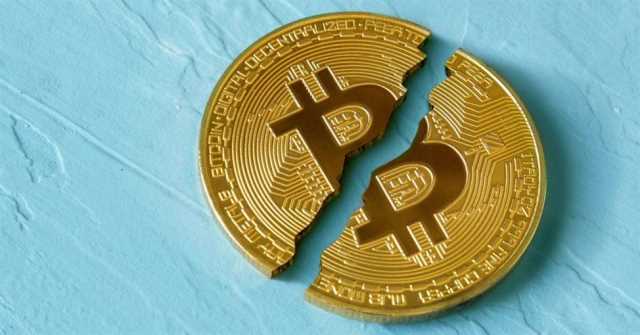
A filter used primarily by SPV clients to request only matching transactions and merkle blocks from full nodes. A chain of blocks with each block referencing the block that preceded it. The method used in Bitcoin for converting 160-bit hashes into P2PKH and P2SH addresses. Also used in other parts of Bitcoin, such as encoding private keys for backup in WIP format. The ability of someone controlling a majority of network hash rate to revise transaction history and prevent new transactions from confirming.

Addresses and transactions

Your private key(s) are stored in your computer if you use a software wallet; they are stored on some remote servers if you use a web wallet. Private keys must never be revealed as they allow you to spend bitcoins for their respective Bitcoin wallet. Bitcoin mining is the business of processing blocks on the Bitcoin network. Blocks are full of data and are part of the cryptocurrency’s blockchain—a super-secure ledger containing transparent information about transactions.
Average Annual Growth Rate (AAGR)

Some common examples of proof of work are a Rubik’s Cube and a Sudoku puzzle. Difficult to solve, easy to verify that they have been solved correctly. A Payment Channel is a type of smart Bitcoin Vocabulary contract that takes place between two parties on the lightning network. You need to be running a lightning node in order to use the lightning network and open/close payment channels.
Climate change: Are there too many people?
A Hardware Wallet is a physical piece of hardware that has been designed specifically to store bitcoin private keys. Hardware wallets almost all use cold storage to store your private keys in a secure offline environment. To protect against double spending, a transaction should not be considered as “confirmed” until a certain number of blocks in the block chain confirm, or verify that the transaction.
RBF (Replace by Fee)

dPoSec (Distributed Proof of Security)
- Zero-Knowledge is any system that collects zero information from a user such as a name, email, or phone number.
- This is when you use your computer to run calculations which verify other Bitcoin transactions.
- Normie is short for Normal Person who doesn’t yet fully understand bitcoin or the implications of an open and transparent monetary system that is outside of the control of any single entity.
- The wallet actually contains your private key(s) which allow you to spend the bitcoins allocated to it in the block chain.
- It takes an average of about 10 minutes for each new block to be mined.
- E.g. «I sent ten bitcoins today.»; it is also often abbreviated BTC or XBT.
- Roughly every 10 minutes, on average, a new block including transactions is appended to the block chain through mining.
